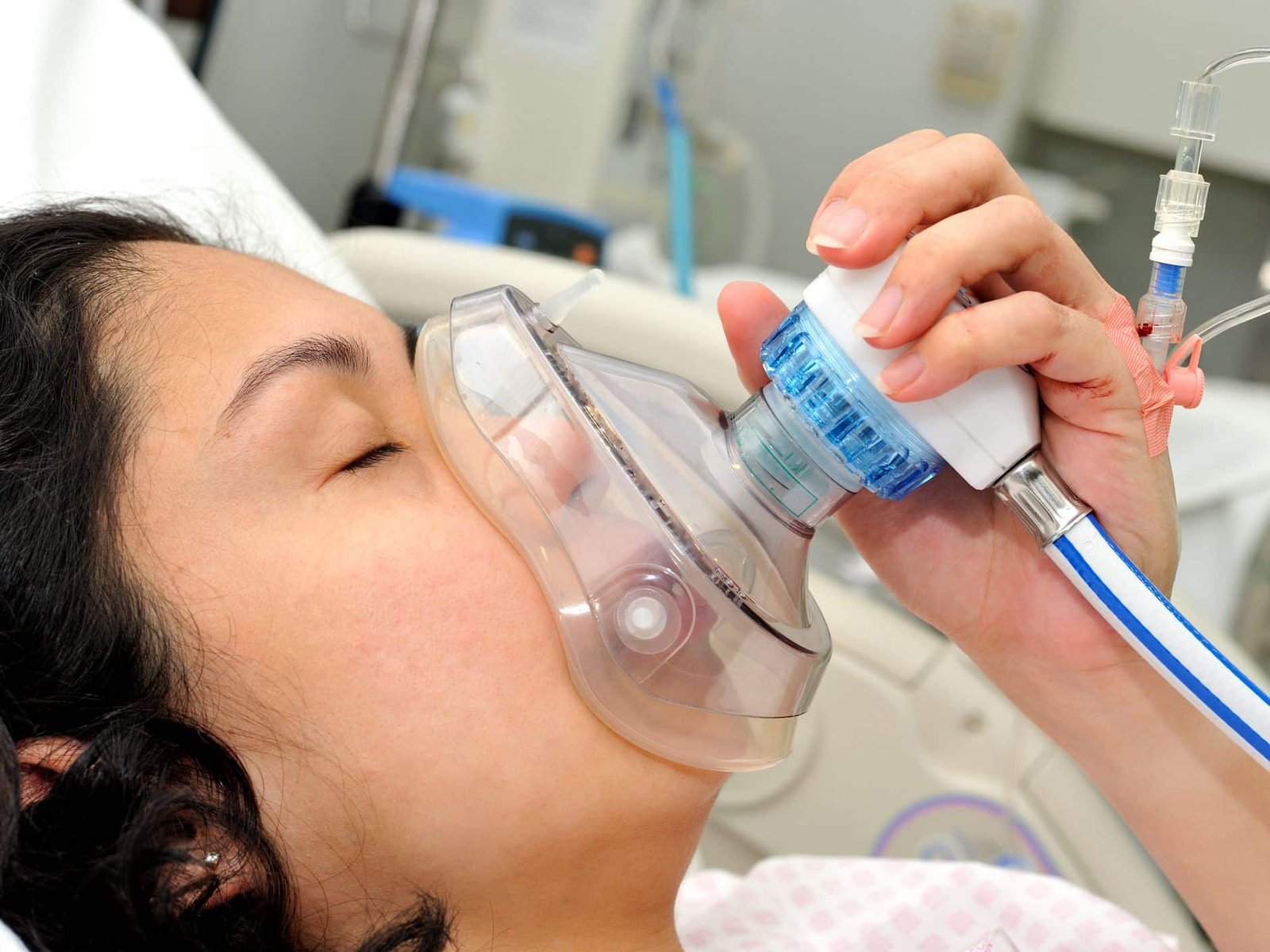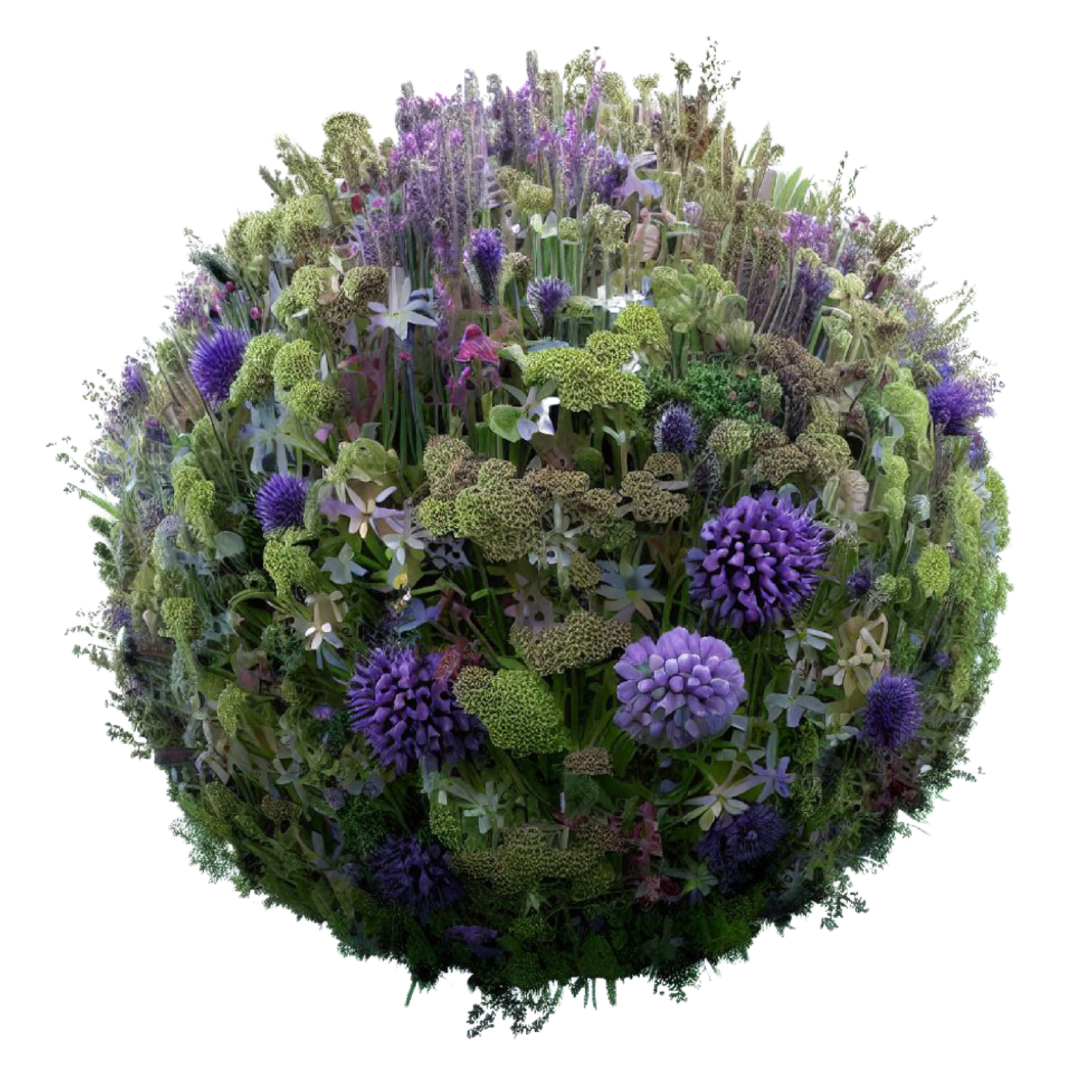Nitrous oxide, also known as laughing gas has a global warming impact that is about 300 times more than CO2 – and it depletes the ozone layer too.

The vast majority of it is used in agriculture and other industrial activities. However, that’s not the issue I’m tackling in this blog. This was inspired by Duncan Farquar-Thompson (Twitter tag: @DrDuncanft), an anaesthetist, who I sat next to at dinner. He explained that the use of nitrous oxide for anaesthetics doesn’t make any sense at all. In fact, he said it could make people sicker after an anaesthetic, increase pain and even be quite dangerous. What’s more, there is a far better alternative, that is cheaper, more effective and that has no impact on climate change – air!
The most shocking thing is that many hospitals actually have the gas delivered through a central piping system and often at least half of what is used actually escapes through leaks.
I particularly remember going to the dentist when I was a child. My mother promised me sixpence for every breath I could take once the gas mask was clamped to my face – generally to knock me out so a tooth could be removed. I was surprised to discover that it is still used by dentists even though there are far better alternatives. It’s also commonly used for women in labour. I remember having ‘gas and air’ for the birth of my sons, but I wouldn’t do so now I know more about it.


Another way you may have come across the gas is in small metal canisters that are used in catering. These canisters are widely used by young people at parties and other events to give them a short term feeling of euphoria and perhaps even fits of giggles – hence the nickname ‘laughing gas’.
Clearly, the biggest hit would be to tackle nitrous oxide in agriculture. I found an excellent article about this on BBC online – The World’s Forgotten Greenhouse Gas But the key points about getting rid of it in healthcare is that it should be relatively easy to do, has advantages to health and could be done right now. Essentially it’s a low hanging fruit in our fight against climate change.
Check with your dentist or doctor to make sure that they’re not using laughing gas on you – or anyone else.
*For more information on anaesthetics and the environment see Royal College of Anaesthetists article


